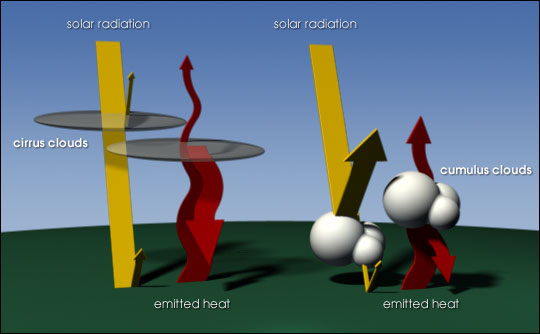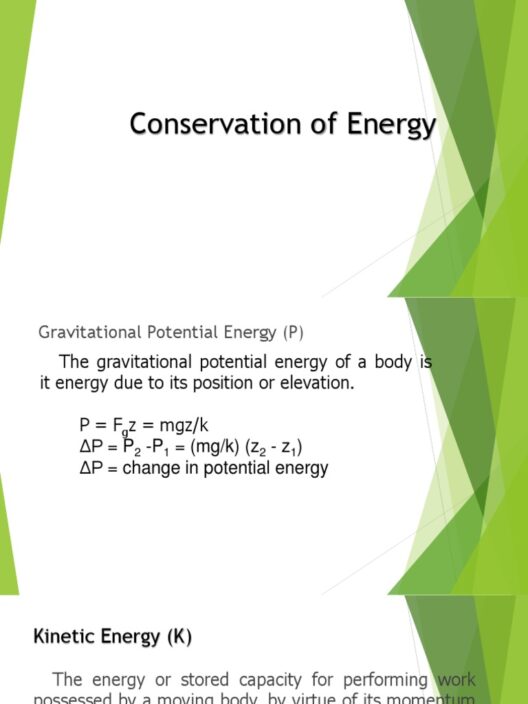Earth’s ecosystems are intricate webs of life, governed by a delicate balance that sustains the biodiversity essential for our planet’s health. However, this balance is increasingly being disrupted by global warming, a phenomenon that poses a significant threat to ecological integrity. Understanding the ramifications of climate change necessitates a closer examination of its effects on various ecosystems, as well as the broader implications for life on Earth.
The first indication of a changing climate is often seen in the drastic alterations in temperature patterns. Rising global temperatures, attributed to increased greenhouse gas emissions, lead to more frequent and severe weather events. The ramifications of such shifts are engendered across diverse ecosystems—from polar ice caps to tropical rainforests. For instance, the Arctic is warming at a staggering rate, resulting in accelerated ice melt. This not only raises sea levels but also disrupts marine ecosystems, which rely on ice-covered regions for habitat and sustenance.
The melting of polar ice cap has profound implications for species such as polar bears and seals, which depend on ice for hunting and resting. As their habitat diminishes, competition for resources intensifies, leading to increased mortality rates and declining population sizes. This disruption forms a cascading effect throughout the food web, revealing an alarming insight: the delicate balance of predator-prey relationships is being jeopardized, jeopardizing entire ecosystems across the globe.
Another significant impact of global warming is the alteration of precipitation patterns. Changes in rainfall are converting once-thriving regions into arid landscapes, while others are experiencing excessive flooding. In the context of freshwater ecosystems, shifting precipitation patterns hinder the health of rivers, lakes, and wetlands. Aquatic life, from fish to amphibians, exhibits sensitivity to temperature and salinity changes caused by altered rainfall patterns, leading to shifts in species distribution and biodiversity loss.
Coral reefs, often referred to as the “rainforests of the sea,” exemplify the fragile balance that governs marine ecosystems. Rising ocean temperatures and increased carbon dioxide levels cause coral bleaching, a process that severely compromises the survival of these biodiverse structures. Coral reefs not only provide habitat for countless marine species but also serve as natural barriers to protect coastlines from erosion. The degradation of coral reefs thus threatens not only marine biodiversity but also the livelihoods of communities reliant on fishing and tourism.
Transitioning from aquatic to terrestrial ecosystems, forests serve as vital carbon sinks that mitigate the impact of climate change. Forests are home to approximately 80% of the world’s terrestrial biodiversity, yet they are also highly susceptible to shifts in temperature and moisture availability. Increased temperature and altered precipitation can lead to vulnerability against pests, diseases, and wildfires, altering forest composition and structure. As species struggle to adapt or migrate, the ecological balance of these environments is further disrupted, leading to potential extinctions.
Destruction and fragmentation of habitats due to human activity exacerbate the effects of climate change. Urban expansion, agriculture, and deforestation not only contribute to greenhouse gas emissions but also diminish the natural resilience of ecosystems. The loss of biodiversity decreases ecosystem services—such as pollination, water purification, and nutrient cycling—compounding the challenges posed by climate change. In essence, the double whammy of habitat loss and climate impact places unprecedented pressure on the remaining flora and fauna.
Moreover, global warming is intricately linked with phenomena such as ocean acidification. Increased absorption of CO2 by the oceans alters the chemistry of seawater, creating an inhospitable environment for calcifying organisms, such as shellfish and corals. This change not only threatens the survival of these species but disrupts entire marine food chains. As the foundational species struggle to survive, the ripple effect cascades throughout the ecosystem, affecting both marine biodiversity and human communities reliant on fisheries.
Recognizing the interconnectedness of Earth’s ecosystems is paramount. For example, climate change has shown that extreme weather and rising temperatures in one region can directly influence ecological health in another. Deforestation in the Amazon impacts weather patterns in North America, while the disruption of Arctic ecosystems can lead to changes in global ocean currents. The interdependency of these systems underscores a crucial point: local actions can reverberate on a global scale.
Addressing climate change and its effects on ecosystems requires a multifaceted approach, one that includes reducing greenhouse gas emissions, protecting existing habitats, and restoring degraded ecosystems. Sustainable practices in agriculture, urban development, and resource management can mitigate some of the adverse effects of climate change. Restoration of degraded ecosystems can also enhance biodiversity, promoting the resilience of communities facing climate challenges.
Public awareness and activism play a significant role in shaping policies and practices that aim to combat climate change. Citizen engagement can foster changes at both the grassroots and governmental levels, creating momentum for initiatives that prioritize ecological health. Through education and advocacy, individuals can promote sustainable lifestyles, bolster conservation efforts, and lobby for systemic change.
In conclusion, global warming presents a grave threat to Earth’s delicate balance. The repercussions of this phenomenon resonate across ecosystems, leading to biodiversity loss and altered environmental dynamics. As stewards of the planet, it is imperative to recognize the interconnectedness of life and the vital role ecosystems play in our survival. The time for remedial action is now; our future—and the future of countless species—depends on it.








